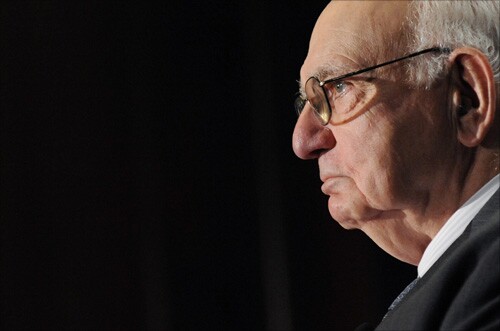

BankUnited

Hardin County Bank

Webster Financial

First Defiance

Cortland Bancorp

Community Bank System

WashingtonFirst

Cape May Bancorp











In a Senate Banking subcommittee hearing, lawmakers discussed a bill that would guarantee all legal industries and all individuals fair access to banking services.
The de novo bank, which will serve participants in virtual currency markets, is putting the regulatory pieces in place for its planned 2026 launch.
A breach at an auto lending compliance provider highlights third-party vendor risks and has triggered class action lawsuits against the firm.
The Nashville community bank is focusing on growing its "digital branches" through fintech partnerships and embedded banking with its latest funding round.
The New York megabank, which completed the sale of a 25% equity stake in its Mexico retail business, has been exiting certain international markets as part of CEO Jane Fraser's focus on being a simpler, smaller bank.
The Birmingham-based lender is opening its first branch in Houston, following a wave of banks rushing into the Lone Star State as its economy continues to boom.